states and two Canadian provinces. Under the agreements, Great Lakes waters are not to be diverted from the Great Lakes Basin with a few limited exceptions. One of those exceptions is when a city outside the Basin but residing in a county that straddles the Basin, has exhausted all reasonable options for providing their community with clean, safe water. Waukesha claims to be such a city. Located just outside Milwaukee and 1.5 miles west of the Basin boundary line, the city is located in Waukesha County, a county straddling the Great Lakes and Mississippi River Basins. Waukesha has grown significantly over the last several decades, exhausting deep groundwater aquifers once heralded for their ample supply of pristine, clear water. Unfortunately, in addition to being depleted, the water is now contaminated with radium, a naturally occurring carcinogen. After first being cited by the Environmental Protection Agency in 2000, the city is under court order to solve its radium contamination issue by 2018. The people of Waukesha should not have to drink water tainted with dangerously high levels of radium any more than residents of Flint should have to drink water poisoned with lead. But the question of piping Lake Michigan water to Waukesha has far-reaching ramifications. There are other “straddling communities” across the region watching the Waukesha process carefully, some of whom are treating and removing the radium. We must watch too. In an election year, we cannot allow this decision to become politicized. After studying the application, reviewing the responses of the Wisconsin DNR to public comments, and talking with people involved in the process, my primary concern is that Waukesha’s application does not meet the guidelines of the Compact. If this first application is approved and does not meet the guidelines, the integrity of the Compact is compromised. Service Area With a population of 71,000 residents, Waukesha’s current consumption is 6.6 million gallons of water per day and the use has been declining since the late 1980s. However, the application is for 10.1 million gallons a day, over a 50 percent increase. The increase is based on three things: a projected population increase to 97,500 by 2050; projected increase in the local industrial sector; and, perhaps most problematic, a change in its water service area to include portions of Pewaukee, and the towns of Delafield, Genesee, and Waukesha. The decision to expand its water service area allows Waukesha to reflect a planned sewer service area, a requirement of state law. However, these other communities have not documented a need for a new water source, nor outlined planned water conservation methods as required by the Compact. Allowing a community to expand its service area to include communities without a demonstrated need for Great Lakes water sets a dangerous precedent. No Reasonable Option In 2015, an independent engineering firm concluded that Waukesha could invest in water treatment infrastructure that would address the radium issue in the city’s existing wells, providing clean, safe water that meets state and federal standards. The cost to taxpayers would be significantly less than diverting Lake Michigan water. The firm based its analysis on the city’s existing service area. As a result, Waukesha’s application challenged the firm’s report, claiming additional wells would have to be constructed to meet its larger service area, potentially impacting wetlands. Return Flow Per the Compact, all unused water must be returned to the Basin. Waukesha’s plan is to pipe its effluent water (treated waste water) down to the Root River, an already environmentally impaired river running through the city of Racine. The mayor of Racine has voiced concerns about the increase in pharmaceuticals, phosphorus, microbeads, and other contaminants in the river, particularly during low flow periods in the summer. All eight governors must unanimously approve the Waukesha application. And while law listens to logic, emotion emits engagement. And we, the residents of the Great Lakes Basin, must engage in this issue. So let me share with you my most heartfelt desire . . . that I will one day see the Great Lakes Basin leading the world in innovation, economic prosperity, and growth that is sustainable generation after generation. Florida has sunshine. Arizona has dry heat. We have water. I remember the thrill of riding my bicycle around the perimeter of Muskegon Lake last summer. A community once defined by sawmills and factories, Muskegon is reinventing itself as a recreation destination for outdoor enthusiasts like me. A shoreline of broken concrete, foundry slag, sheet metal, and slab wood is being softened, replaced with wetlands that attract fish, turtles, birds. The bike path shows progress. The many public parks and beaches offer hope for new beginnings. I recall jogging the Riverwalk of Detroit at the first hint of dawn, pausing to chat with a young, African American woman sharing her pride in the city block she, her husband, and neighbors are transforming into a floral showcase fit for a feature story in Better Homes and Gardens. I have walked the Flats of Cleveland, watched the sunset from the waterfront park in Windsor, jogged the miles of shoreline in Chicago, sailed into the bustling harbors of Milwaukee and Racine, and hiked the coastline from Gary, IN, through Michigan City, and up to Benton Harbor. All are cities in transition. Across the region, mayors, city planners, members of the Chamber of Commerce, and local leaders are working hard to attract jobs, to provide ample opportunities for children and grandchildren, to make our cities safe, vibrant, and prosperous. The leaders of Waukesha are trying to do the same. We can support them and ourselves by requiring them to adhere strictly to the rules of the Compact and Agreement—with no exceptions. The application must demonstrate all reasonable efforts have been explored for the city of Waukesha, without the vastly expanded service area. Then, and only then, should a diversion of Lake Michigan water be considered. The Great Lakes and St. Lawrence River Cities Initiative, a binational organization of 121 mayors representing over 17 million people, agree. Yesterday, February 16th, they sent letters to the Governors and Premiers urging them to reject the Waukesha application. What You Can Do To Help We must add our voices to the leaders shaping the cities in our region. Please join me in asking the Regional Body and Compact Council to reject the application in its current form. Comments may be submitted prior to March 14th at http://www.waukeshadiversion.org. Or click on the Alliance for the Great Lakes Action Center site to sign a prepared letter echoing these concerns. In addition, please consider sending letters to the editors of your local newspaper, and to your governor or premier. I’ve included a sample for your consideration. The Great Lakes define us. By listening to the logic of our minds and acting on the emotional pull of our hearts, we can protect it for ourselves and for future generations.
Waukesha’s current water service area. To allow such exceptions in this first application sets precedent and undermines the very essence of the 2008 Compact and Agreement. Florida has sunshine. Arizona has dry heat. We have water. Clean, fresh water is key to our transition from “The Rust Belt” to a world leader in innovation, prosperity, and sustainable growth. Please protect our water for residents and businesses in the Great Lakes Basin and those straddling communities who truly demonstrate a dire need.
Resources:
4 Comments
2/17/2016 09:48:54 am
Another very informative blog. You do such great research on very important environmental problems. Thanks a bunch!
Reply
Mary Ellen Miller
2/17/2016 10:25:14 am
Thanks for your vigilance on this issue that will have such an impact on Great Lakes water decisions in the future. Also, thank you for making it so easy for the rest of us to participate. Much appreciated!
Reply
Eric Stemle
2/17/2016 01:29:02 pm
“Florida has sunshine. Arizona has dry heat. We have water.” We have more than that, Mary. We have you, and you have spurred us to action! I’ve contacted The Alliance for the Great Lakes as well as Governor Snyder, and I have more to go. As a Wyoming citizen, I have witnessed similar water struggles. Las Vegas has tried to claim Utah water. Southern California has tried to claim Wyoming water, as has Colorado. As Mary Ellen said, it’s a matter of vigilance. We are truly all connected, and we can solve this problem together in ways that benefit us all. Keep leading, my friend!
Reply
Maryann Christy
2/25/2016 04:21:48 pm
I would like to share this article. I hope to work for the Great Lakes Council.
Reply
Leave a Reply. |
From briefcase to pen, paper and camera, one woman's journey to influence
how we care for the environment, our seniors, each other. Available
from your local bookstore or online retailer 
The Ideal Gift Tiny Treasures, a collection of wildflower photographs and poetic prose, available by contacting me. The 2nd Edition of Tiny Treasures is designed for use on PCs, tablets, and phones and is available at online stores. To learn more, click on the Ibook/Ebook button below:
|
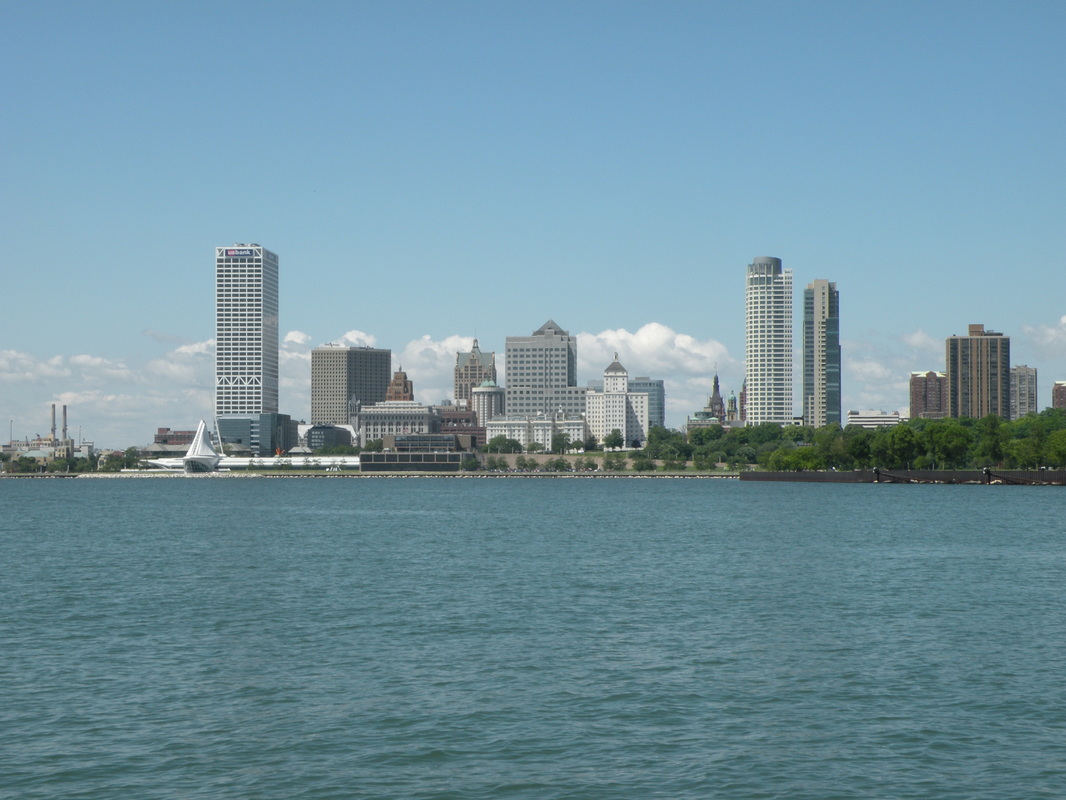
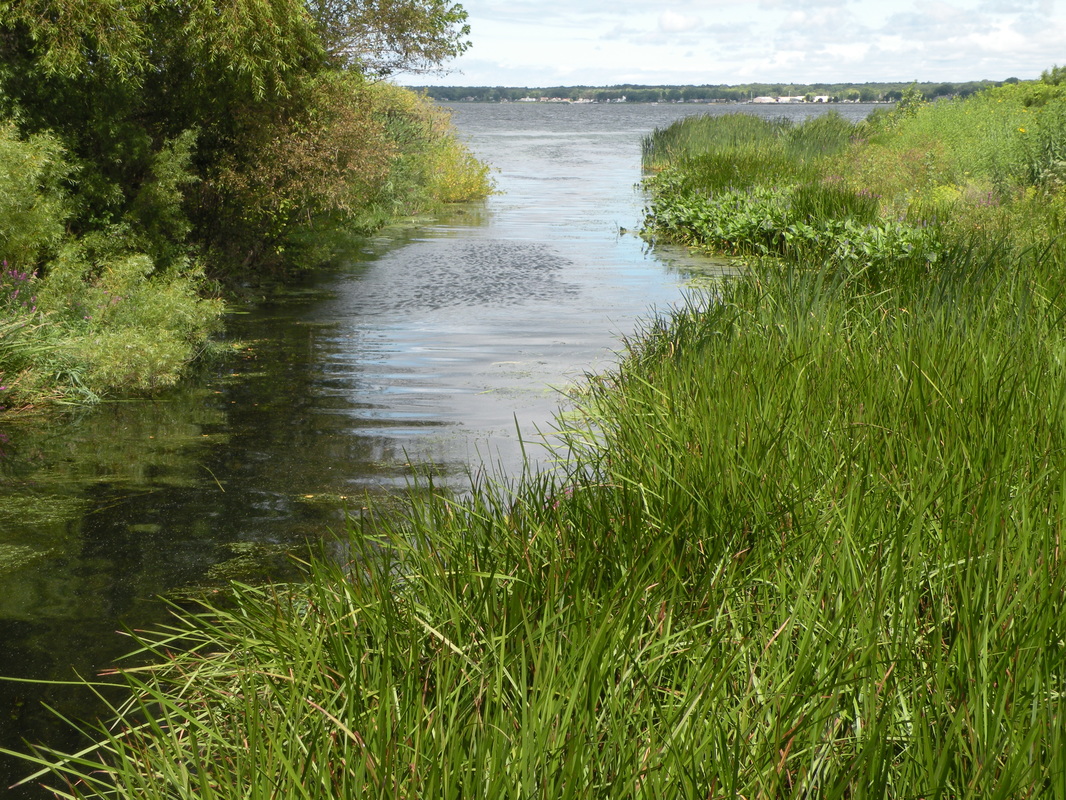
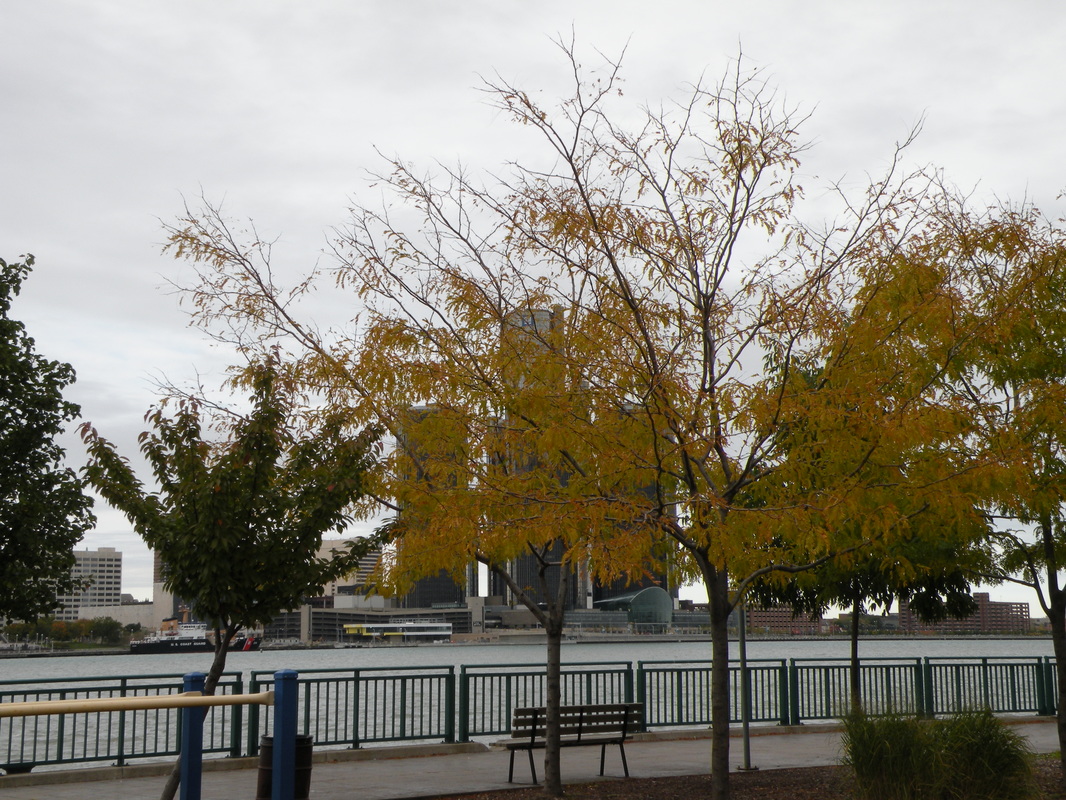

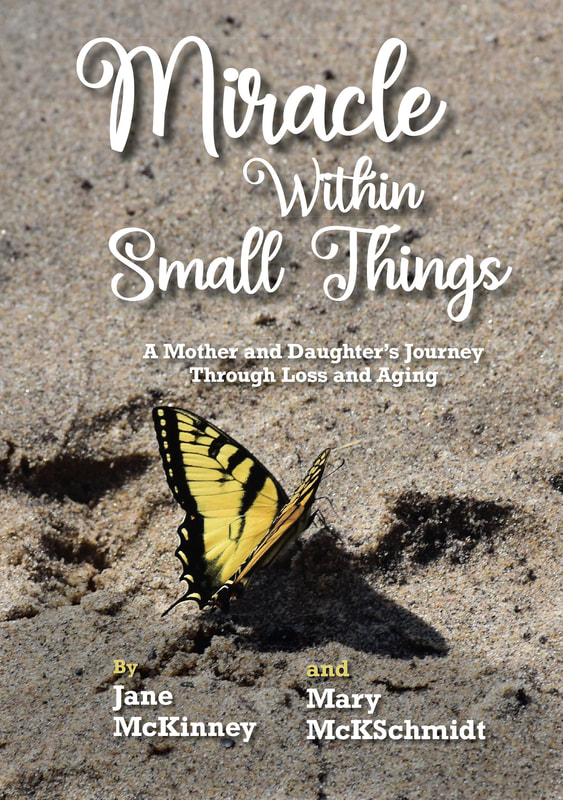
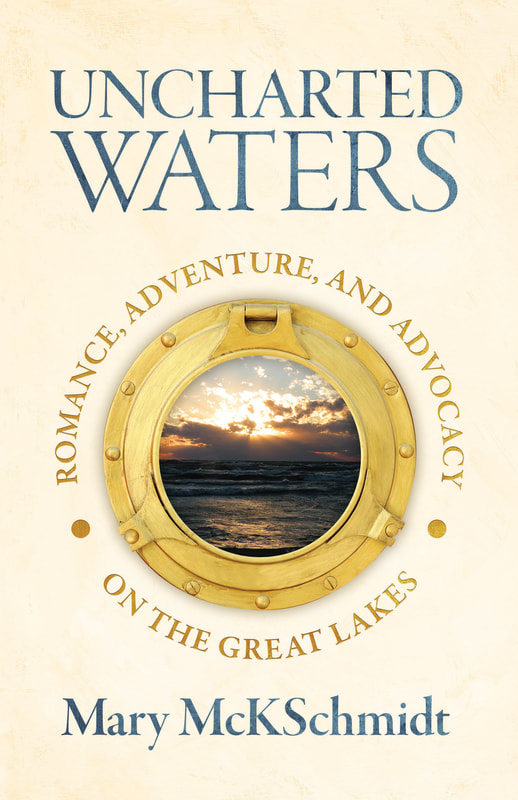

 RSS Feed
RSS Feed
